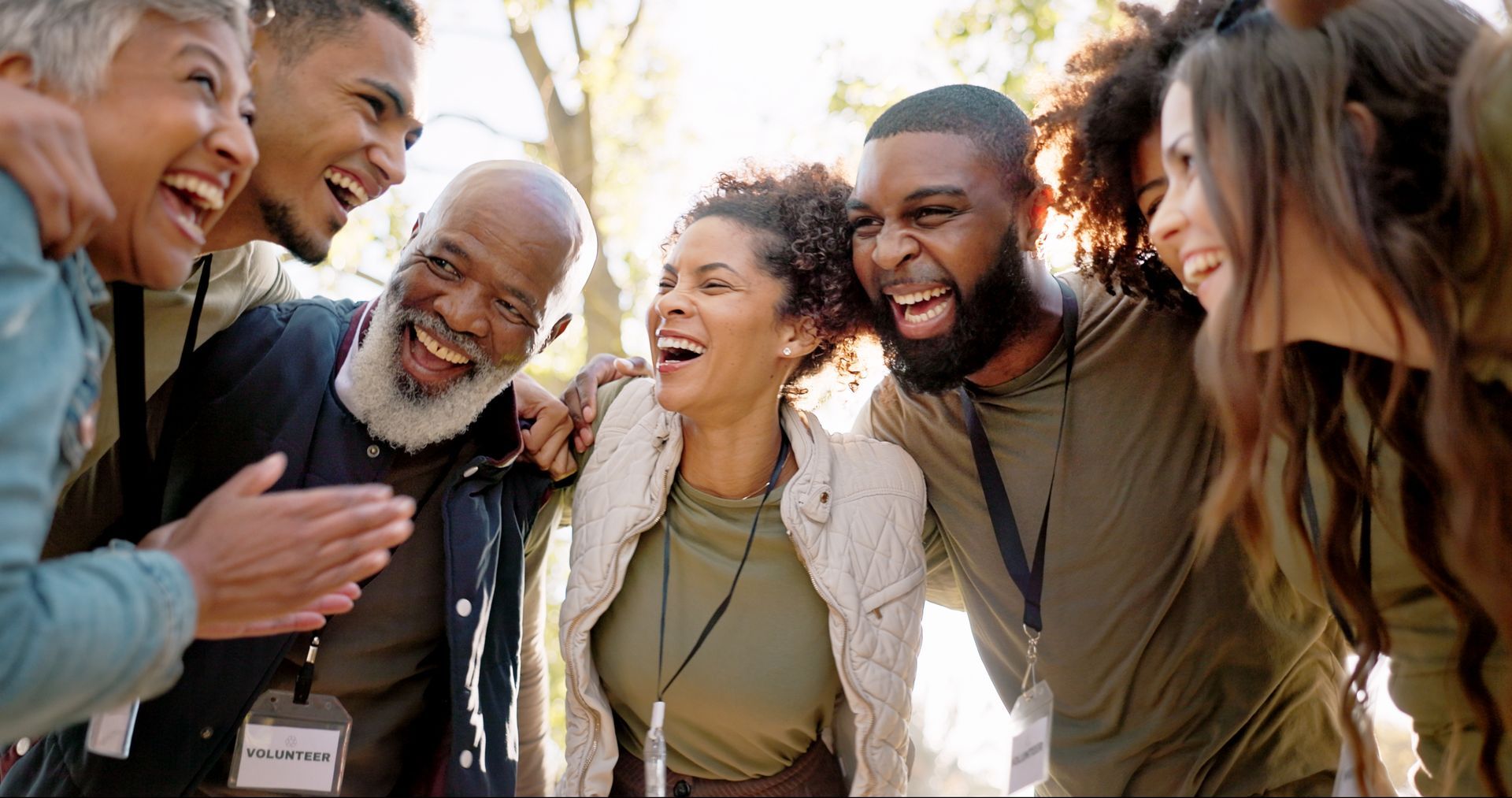How to be a Better Listener
Radically transform your relationships by practicing this one skill.
Listening is not just hearing what the other party in the conversation has to say. Poet Alice Duer Miller said this about listening: “Listening means taking a vigorous, human interest in what is being told us.”
We’ve all experienced conversations where the other person wasn't truly engaged, leaving us feeling annoyed and disrespected. Active listening is the key to overcoming this and creating meaningful connections with others.
The Importance of Active Listening
Experts reveal that 45% of communication is listening, yet the average person only retains half to a quarter of the information they hear. This lack of active listening can lead to missed opportunities for connection and understanding.
Active listening is about more than just hearing words; it involves understanding the speaker's emotions and intentions, paying full attention, and avoiding distractions.
Benefits of Being an Active Listener
- Building Connections: Active listening helps others feel comfortable sharing information with you, fostering regular and meaningful communication.
- Building Trust: When you give others your full attention without interruptions or judgments, they are more likely to confide in you and trust your support.
- Identifying and Solving Problems: Active listening allows you to detect challenges and difficulties others are facing, enabling you to offer timely solutions.
- Increasing Understanding: Good listeners are always eager to learn and grow their knowledge base, and active listening aids in retaining valuable information.
Barriers to Active Listening
Several barriers can hinder active listening, such as:
- Judging the Speaker or Topic: Personal biases and opinions can distract you from truly listening and understanding the message.
- Preparing Replies: Formulating responses while someone is speaking takes your focus away from the speaker and their message.
- Distraction or Daydreaming: External distractions or wandering thoughts can divert your attention from the conversation.
- Relating to Past Experiences: Drawing parallels with personal experiences may cause you to lose focus on the present conversation.
- Preoccupation: When preoccupied with other thoughts or stress, you may struggle to fully engage with what is being said.
Exercises to Practice Active Listening
To enhance active listening skills, consider trying these exercises:
- Paraphrasing: Instead of offering unsolicited advice, rephrase what the speaker said to demonstrate understanding.
- Avoid Interruptions: Resist the urge to interrupt while the other person is speaking and withhold judgment.
- Use Nonverbal Cues: Show attentiveness through facial expressions, eye contact, and positive body language.
- Ask Questions: Demonstrate interest by asking open-ended questions to encourage the speaker to share more.
- Learn from Others: Observe active listening in action, such as in television interviews, to learn from different conversational styles.
Active listening is a powerful skill that can transform your interactions and relationships. By making a conscious effort to engage with others, you'll create deeper connections, build trust, and gain a better understanding of the world around you.
Embrace the art of active listening and watch as your social interactions flourish and your personal growth accelerates.
Boost your personal and professional success by enrolling in one of our online, self-paced, interactive mini courses like Developing Your Active Listening Skills at LaBarbera Learning Solutions. Click here to learn more.










